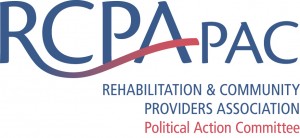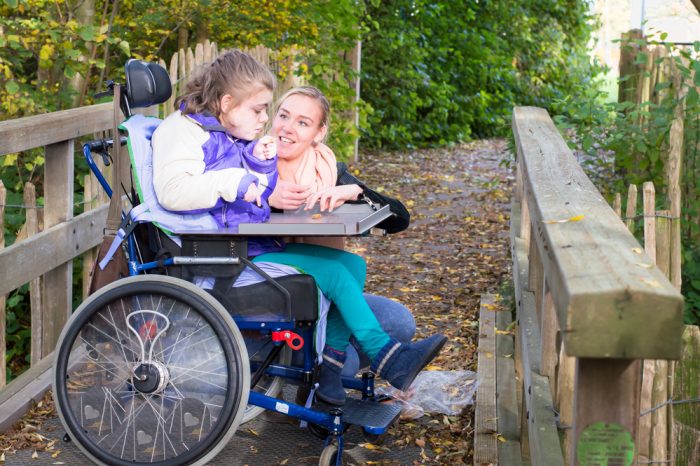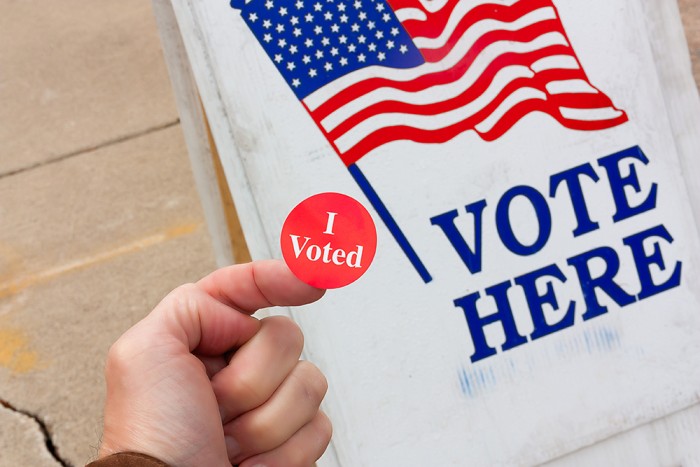Jack Phillips
RCPA Capitol Day 2022 Follow-Up — June 1
Yesterday, RCPA held its 2022 Capitol Day on the Capitol steps in Harrisburg. Members had the opportunity to meet with their legislators and hear from Charlie Barber, RCPA Board Chair, Sherri Landis, Executive Director for the ARC of Pennsylvania, Rep. Jessica Benham, Rep. Dan Miller, and Rep. Carrie Lewis DelRosso about the importance of funding intellectual and developmental disabilities (IDD) and behavioral health services.
As a follow-up to Capitol Day, RCPA would like those members who attended to give an update about their legislative meetings. This member intel will be beneficial for RCPA staff to effectively lobby the Governor and the General Assembly over the next few weeks.
RCPA is hosting this follow-up to Capitol Day on Wednesday, June 1, at 9:00 am. Members can register for the call here.
Please contact Jack Phillips with questions.
Pennsylvania Primary Results
RCPA Capitol Day Information
RCPA will be hosting our 2022 Capitol Day on Tuesday, May 24. We will have a press conference/rally on the steps of the Capitol outside the Main Rotunda between 12:30 pm – 1:30 pm. RCPA requests members schedule appointments with their Senate and House legislators to discuss the state budget, legislation, and regulations, and we have created a one-pager with talking points for members to utilize in their meetings.
Parking and maps can be found on the Pennsylvania Capitol website. If you have questions regarding our 2022 Capitol Day, please contact Jack Phillips.
RCPA Capitol Day is Back — May 24!
RCPA will be hosting our 2022 Capitol Day on Tuesday, May 24. We will have a press conference and rally on the steps of the Capitol outside the Main Rotunda between 12:30 pm–1:30 pm. Please register here to indicate you will be attending the event.
State government impacts every RCPA member’s business and services; therefore, RCPA encourages all members to schedule as many appointments as possible with their Senate and House legislators to discuss the state budget, legislation, and regulations. During legislative meetings, members should highlight how the state budget, legislation, and regulations affect the day-to-day operations of your business and how government overreach affects services you provide to consumers. Please notify Jack Phillips of the appointments you have scheduled. RCPA staff will be available on-site to assist.
If you have questions or need assistance regarding our 2022 Capitol Day, please contact Jack Phillips. We look forward to seeing you there!
Legislative Co-Sponsorship Memo Circulating to End Prudent Pay
RCPA Lobbyist Meeting to be Held on Thursday, March 31, 2022

2022 Candidate Election Update
DHS Proposes Controversial Contract Language in Managed Care Contracts
RCPA PAC – Help Us Help You
Interested in learning about some creative ideas to raise money for RCPA PAC or interested in donating now? Download the PAC FAQ Card, Donation Card, or email Jack Phillips, Director of Government Affairs.
















